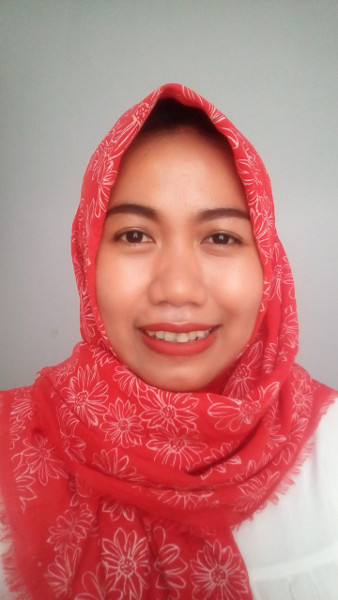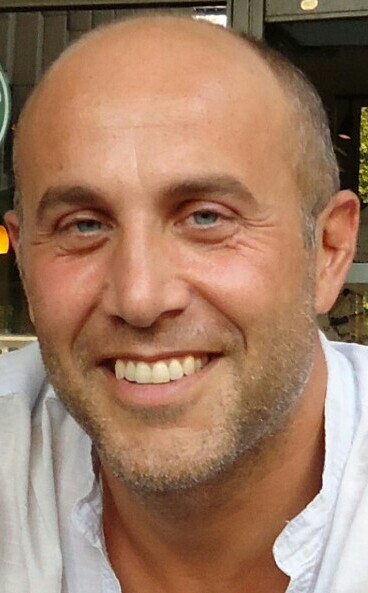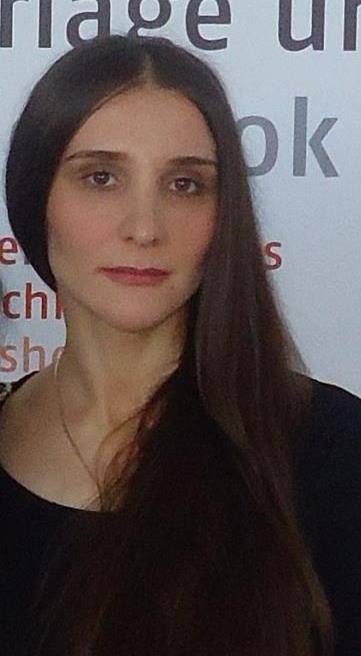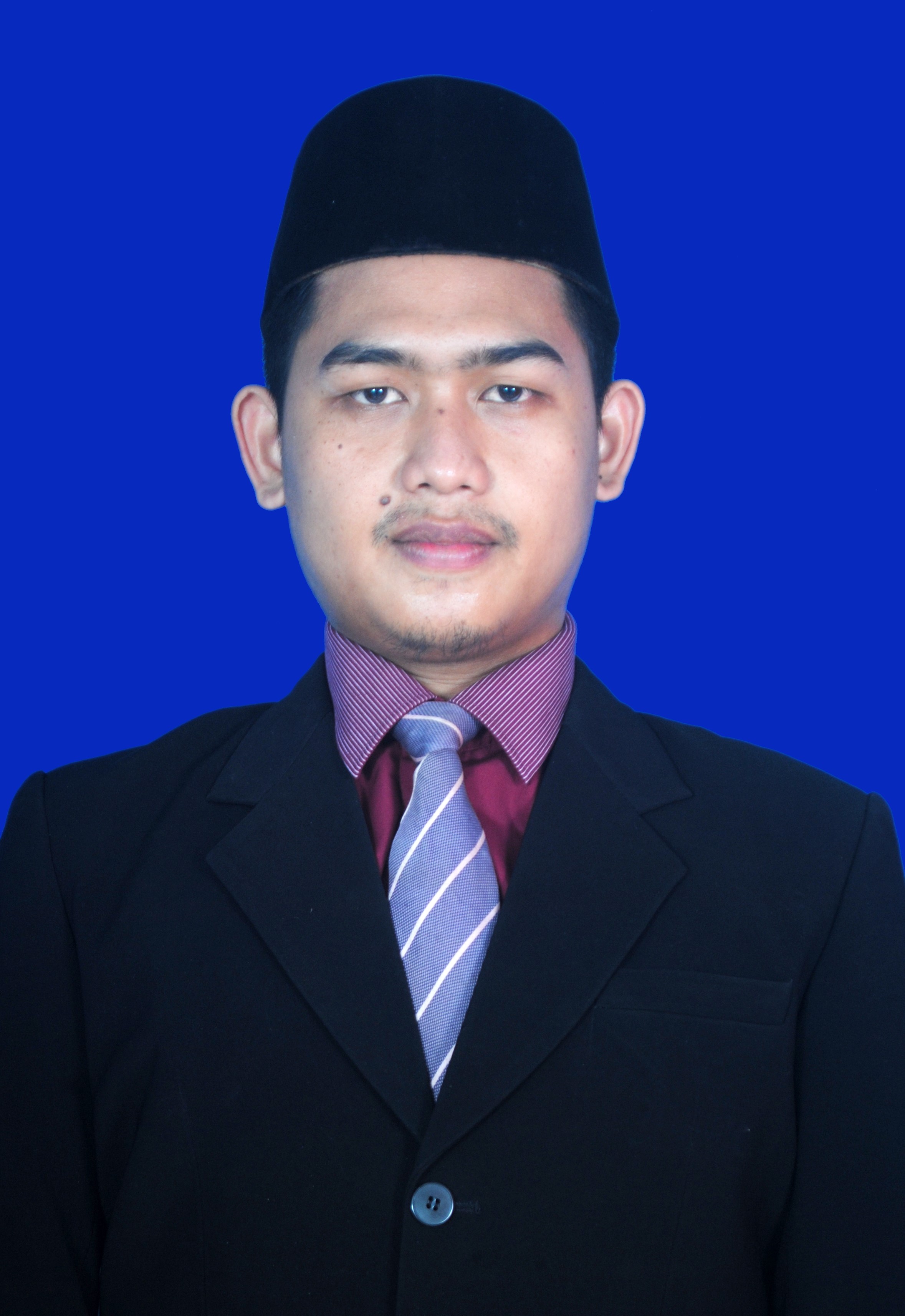Promotion
- Inhaltsverzeichnis
Promotion im Fach Islamwissenschaft
Für Fragen zur Promotion im Fach Islamwissenschaft wenden Sie sich bitte an die facheigene Promotionsberaterin Prof. Dr. Johanna Pink und konsultieren die Seite der Gemeinsamen Kommission zu diesem Thema.
Doktorand*innen
Leila Armanious
E-Mail: leila_armanious@outlook.de
|
Abstract
In den meisten islamisch geprägten Gesellschaften ist eine Eheschließung die einzige Möglichkeit, eine von Staat und Gesellschaft anerkannte zwischengeschlechtliche Beziehung zu führen – so auch in Ägypten. Durch verschiedene sozioökonomische, rechtliche und politische Entwicklungen sieht sich die „konventionelle“ offizielle Eheschließung jedoch vermehrt von unkonventionelleren und informellen Beziehungsformen bedroht. Die hierbei wohl bekannteste und gleichzeitig umstrittenste Alternative ist die so genannte curfī-Ehe – eine staatlich weder registrierte noch beurkundete Ehe, der oft vorgeworfen wird, insbesondere von Studenten zur Legitimation eines geheimen sexuellen Verhältnisses benutzt zu werden. Während sich bisherige Forschungen vorwiegend mit den Gründen sowie den (rechtlichen) Folgen dieser Ehen auseinandersetzten, hat dieses von der Gerda-Henkel-Stiftung geförderte Dissertationsprojekt die Erforschung der Eheschließungen selbst zum Ziel.
Anne-Marie Brack
E-Mail: anne-marie.brack@web.de
Betreut von: Dr. Tim Epkenhans
Ady Candra
| E-Mail: candraady2007@gmail.com Betreut von: Prof. Dr. Johanna Pink Arbeitstitel Adapting Indonesian Islam to the Gulf: An Ethnographic Study of Indonesian Imams in Qatar |
Abstract
The research studies how Indonesian Islam adapts itself to the Gulf religious context. The main question asked is how do Indonesian Imams - with diverse backgrounds and interpretations of Islam – adapt and renegotiate their religious identities after migrating into the Salafi-based cultural and religious context of Qatar? It relies mainly on ethnographic study of Indonesian Imams who were recruited to conduct “religious work” in the state of Qatar. The in-depth study of Indonesian Imams in Qatar highlights how Indonesian Islam and the Gulf religious context interact with each other and how the migration into a different socio-religious context deeply impacts on the negotiation of religious practices and even beliefs of a particular culture. This research expects to contribute and fill the gap currently exists in the interaction between two Islamic cultures and migration studies.
Short Biography
Ady Candra is a recent graduate of the MA program in the Study of Contemporary Muslim Thought and Societies at Faculty of Islamic Studies, Hamad bin Khalifa University, Doha, Qatar. Prior to this, he completed a Postgraduate Diploma in Islamic Studies at the same university and a Bachelor’s degree in Arabic language and Islamic Studies in Indonesia.
M. Antonieta Emparán F.
 | E-Mail: antonieta.emparan@gmail.com
|
Short Biography
Elena Fellner
 | E-Mail: elena.fellner@sfb948.uni-freiburg.de
|
Abstract
Elena Fellner is a PhD candidate at the Collaborative Research Center (Sonderforschungsbereich) “Heroes, Heroizations, Heroisms,” where they previously worked as a research assistant. They studied Middle Eastern Studies, Political Science, and Iranian Studies in Freiburg, Esfahan, and Cairo. Their research interests include social media, Iranian history, public diplomacy, and social movements.
Kamran Ahmad Khan
 | E-Mail: kamran.ahmad.khan@orient.uni-freiburg.de
|
Elvira Kulieva
 | E-Mail: elvira.kulieva@orient.uni-freiburg.de
|
She has Master degrees in Islamic Studies from Hamad Bin Khalifa University (Doha) and Civilisations studies from Ibn Haldun University (Istanbul). Her research interests include Quranic studies, Sufism, Islam and Science, and Orientalism.
Solav Manmi
Betreut von: Prof. Dr. Roswitha Badry
Arbeitstitel:
Historische und sozialökonomische Faktoren bei der Herausbildung heterodoxer Gruppierungen – Ahl-i Haqq und Yeziden als Beispiel (11.-15. Jh.)
Abstract:
Die geplante Dissertation versteht sich als Beitrag zur bisher kaum erforschten Frühphase heterodoxer Gruppierungen in den von Kurden bewohnten Gebieten in der irakisch-iranischen Grenzregion zwischen dem 11. und 15. Jahrhundert. Dazu sollen bisher nur unzureichend oder gar nicht genutzte Originalquellen ausgewertet werden. Ausgehend von der These, dass es sich bein den Ahl-i-Haqq und den Yeziden um religiös gesehen extrem synkretistische Geheimreligionen handelt, die besonders von sozial (und ethnisch) marginalisierten Schichten in einer peripheren Region getragen wurden, wird ein Hauptaugenmerk auf der Untersuchung der Rolle der Unterschichten bei der Herauskristallisierung dieser Gemeinschaften liegen. Einen weiteren Fokus der Doktorarbeit wird die Frage nach der Bedeutung und dem Stellenwert so genannter Wanderderwische (Qalandar, Abdal) bei der Entwicklung und Herausbildung der Lehren und Praxen der genannten heterodoxen Gruppierungen bilden.
Akrimi Matswah
 | Betreut von: Prof. Dr. Johanna Pink Working title: The Contemporary Tradition of Oral Interpretation of the Qur’an in Indonesia |
Short biography:
Akrimi Matswah is Lecturer of Quranic studies at State Islamic Institute of Jember, East Java. She completed her Bachelor in State Islamic Institute of Ponorogo, East Java, with a major in Qur’anic exegesis and Hadith studies. She obtained her master’s degrees from State Islamic University Sunan Kalijaga in Yogyakarta with the same specialisation. Her works mainly deal with Qur’anic exegesis and have been published in several journals in Indonesia. She holds a Ph.D. scholarship from the Ministry of Religious Affairs of the Indonesian Republic in Orientalisches Seminar at Albert-Ludwigs Universitat Freiburg under the supervision of Prof. Dr. Johanna Pink for her research of oral tafsīr in Indonesia.
Ali Mohammad Moradian
E-Mail: am_moradian@yahoo.de
Betreut von: Prof. Dr. Tim Epkenhans
Yulianingsih Riswan
 | Email: yulianingsih.riswan@orient.uni-freiburg.de Interpreting Hijra in Millenial Era: Youth, Capitalism, and New Piety in Indonesia
|
Sarah Stegemann
sarah.stegemann@sfb948.uni-freiburg.de
Betreut von: Prof. Dr. Tim Epkenhans
Arbeitstitel
Abstract
Short Biography
Sarah Stegemann ist seit September 2017 Wissenschaftliche Mitarbeiterin am Sonderforschungsbereich 948 Helden -- Heroisierungen -- Heroismen. Zuvor studierte sie Islamwissenschaft, Neuere deutsche Literatur und Arabisch in Freiburg, Kairo und Isfahan. Ihren Master of Arts erlangte sie an der Universität Freiburg, wo sie auch als Wissenschaftliche Hilfskraft und Tutorin tätig war. Ihre Masterarbeit, in der sie Reformdebatten und globale Vernetzung afghanischer Intellektueller anhand der Zeitung Siraj ul-Akhbar-e Afghaniyya (1911-1918) untersuchte, gewann den Alumni Preis der Philosophischen Fakultät 2018. Während ihres Studiums erhielt sie Förderung vom DAAD und der Studienstiftung des Deutschen Volkes.
Valerio de Vito
 |
|
Abstract
This research is essentially the follow-up of my Licentiate thesis which dealt with the “Verse of the Sword” (Q. 9, 5) in the Tafsīr al-manār. The aim will be to holistically and critically analyse and possibly to put into perspective the complex reply given by the Tafsīr in regard to the issue of Islamic warfare, in order to evaluate the theological structure, historical background and intellectual sources. Specifically, it will be interesting to gauge the methodology and internal consistency of the Tafsīr, in order to gain a profound and structured understanding of the complex reformist movement, which influenced Islamic thinking at a pivotal moment of history. Finally, it will be important to assess to what extent the two reformists re-introduced classical ideas or whether their thought represents effectively a new step forward in Islamic theological thinking.
Short Biography
Valerio is Italian and Swiss, holds an A-Level (Schaffhausen- Switzerland, 1988), a MBA (Montpellier-France, 1993), a M.A. in Economics (Modena-Italy, 1994), a B.A. in Theology and a M.Th. (Lugano-Switzerland, respectively 2012 and 2016) and a Licencia Studiorum Arabicorum et Islamicorum (Rome-Italy and Cairo-Egypt, 2015). Professionally, he has been, for ten years, Vice President and Head of Investments for a Tier-1 German Bank in Lugano-Switzerland.
Talha Yilmaz
E-Mail: mtalha@hotmail.de
|
Abstract
Die militärische, wirtschaftliche und intellektuelle Überlegenheit des „Westens“ führte bei den Muslimen insbesondere ab dem 18. Jahrhundert zu einer Selbstkritik und Auseinandersetzung mit den vorhandenen Denkmustern und Handlungsweisen. Es entstanden diverse Reformbewegungen in unterschiedlichen Regionen. Der Koranislam bzw. koranzentrierte Islam ist eine von ihnen. Die vorliegende Arbeit hat sich zum Ziel gesetzt, das Religionsverständnis Hüseyin Atays, welcher eine zentrale Rolle bei der Entstehung des türkischen Koranislam spielt, zu untersuchen. Dabei soll anhand seiner wissenschaftlichen Forschungen seine Quellenlehre rekonstruiert und sein koranzentriertes Theologie- und Rechtsverständnis erfasst werden.
Abgeschlossene Promotionen
Johannes Bork
E-Mail: johannes.bork@live.de
Erscheint im August 2020 in der Reihe Islamkundliche Untersuchungen |
Abstract
Die Vorstellung einer dichotomen Teilung der Welt in ein Gebiet des Islam (dār al-islām) und ein Gebiet des Krieges (dār al-ḥarb) entstand bereits in der Frühzeit des islamischen Rechts (8./9. Jh.) und übte trotz wandelnder politischer Voraussetzungen nachhaltigen Einfluss auf die Entwicklung von islamischen Völkerrechtskonzepten aus.
Anhand juristisch-theologischer Schriften islamischer Rechtsgelehrter soll zunächst ein exemplarischer Überblick über Genese und Entwicklung des Konstrukts in der islamischen Geschichte gegeben werden. Einen Schwerpunkt bildet die Phase seit der Mitte des 19. Jahrhunderts, als verschiedene Entwicklungen (z.B. Kolonialismus, Globalisierung) diese Vorstellung verstärkt herausforderten und nach neuen Interpretationsmustern verlangten.
In diesem Kontext wird untersucht, welche Relevanz zeitgenössische islamische Rechtsgelehrte unterschiedlicher Provenienz dieser Vorstellung noch zugestehen und mit welcher Argumentationsweise sie ihre Position stützen, um so eine Synopse des heutigen heterogenen Meinungsspektrums zu bieten.
Fadhli Lukman
E-Mail: fadhli.lukman@orient.uni-freiburg.de
|
Biographie
Fadhli Lukman is a Madrasah and Islamic Studies Student. He has had Islamic sciences background since he was in Madrasah Sumatera Thawalib Parabek and further continued to Bachelor and Master degrees in Sunan Kalijaga State Islamic University Yogyakarta in Qur’an and Exegesis Studies. His works mainly deal with ‘Ulum al-Qur’an and exegesis studies. He has several publications in journals in Indonesia and presented in several conferences. His last conferences were International Conference New Trends in Qur’anic Studies co-hosted by UIN Sunan Kalijaga and IQSA on 4-6 August 2016 and 6th Joint International Conference and Graduate Workshop in Islamic Studies Revisited: Trends in the Study of Islam and Muslims Society on 28 October 2016 in which he presented about Qur’anic identity building in its formative period. Now he is working on Qur’anic Translation of Kementrian Agama Republik Indonesia with Prof. Dr. Johanna Pink in Orientalisches Seminar Albert-Ludwigs Universitat Freiburg.
Lana Mzhavia
 |
|
Almakan Orozobekova
 | E-Mail: orozobekova@eth.mpg.de The Making of 'Foreign Fighters'
|
Abstract
Biographie
Almakan Orozobekova worked as a PhD Candidate at the Max Planck Institute for Social Anthropology, Research Group “How ‘Terrorists’ Learn.” Previously, she was a doctoral fellow at the Geneva Centre for Security Policy and a visiting scholar at the Department of International Politics of the City University of London. Almakan received her BA degree in International Relations from the International University of Central Asia with the highest distinction. She is also a graduate of the OSCE Academy, the Geneva Centre for Security Policy, and the University of Geneva where she gained MA and MAS degrees with high honours.
Jannic Wöhrle
E-Mail: jwoehrle@web.de
|
Mu’ammar Zayn Qadafy
 | E-Mail: muammar.zayn.qadafy@orient.uni-freiburg.de
|
Short Biography
After having finished his six-year-program at a Pesantren (traditional Islamic boarding school) in East Java, Mu’ammar Zayn Qadafy obtained both BA and MA degrees in Qur’anic studies from the Sunan Kalijaga University in Yogyakarta, Indonesia. During this time, he also continued studying Islam in another Pesantren at Krapyak. Since then, he has been academically interested in the connection between the Qur’an and the formative period of Islam. He wrote his master thesis on “the epistemology of the Macro Sababun Nuzul”. His four years of study for his PhD degree in Freiburg which he started in April 2017 are funded by the Indonesia Endowment Fund for Education (LPDP).

